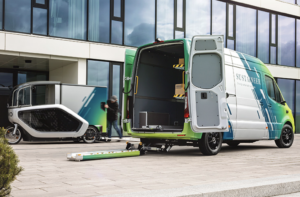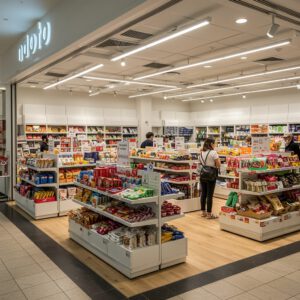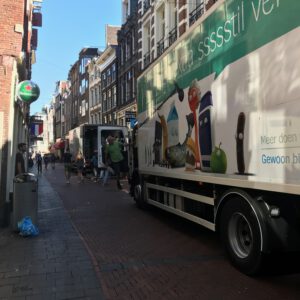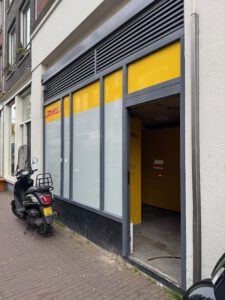Classics: Understanding the meaning of collaboration in the supply chain
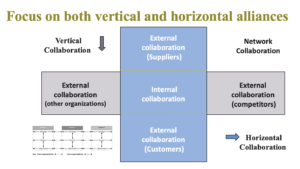
In 2004, Mark Barratt wrote his classic work “Understanding the meaning of collaboration in the supply chain” on supply chain collaboration. Barratt presents his vision of collaboration and the factors involved in its success. It offers wise lessons that are still held today and collaboration in city logistics. Companies systematically work on improving the efficiency …

